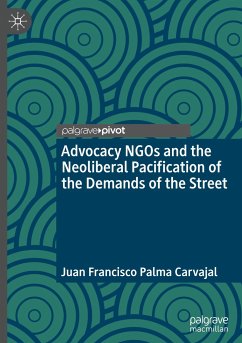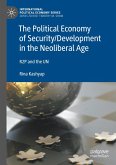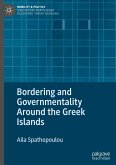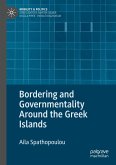This book critically explores the role of two advocacy NGOs actively involved in processes of education policymaking during the recent education reforms carried out in Chile, the country known as the first laboratory of neoliberalism around the world. Based on Foucault's theoretical work on governmentality the book argues that neoliberalism as a form of governmentality has permeated in Chilean policymaking, generating new forms of domination through freedom by situating NGOs as active and responsible subjects of government. In this way, this volume contests the supposed benefits of NGOs as a force to enhance democracy and foment social participation, arguing instead, that NGOs image as representatives of civil society can be used to pacify social movements demands for radical change and build a political consensus that serves to legitimate government interests in policymaking.
Bitte wählen Sie Ihr Anliegen aus.
Rechnungen
Retourenschein anfordern
Bestellstatus
Storno








